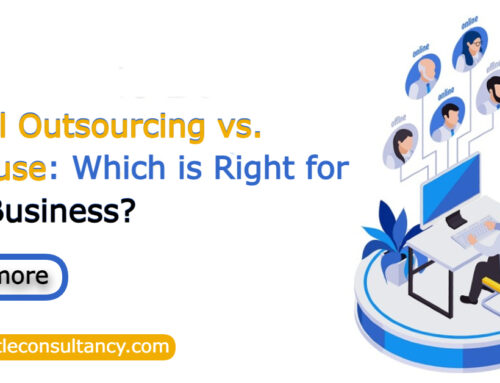R.I.P Dwayne Johnson!!!
“On 22nd June our beloved actor passed away, while shooting for Fast & Furious 7. Please pay your condolences by commenting on and liking this page”.
Within one day this news gets viral, alluring nearly one million ‘likes’ and commiseration ‘comments’. The Page had a video announcing “watch it before sharing”, which when the viewer ‘click’ on the video he/she gets directed to another page requiring filing of a form containing personal information. Even after this entire strenuous procedure Johnson lovers get to see nothing soon to realise that they have been befooled by the bait to render their personal information. With this hoax Johnson joined the list of other celebrities who had been victimized by similar kind of cases.
 Owing to its unmatchable services and features internet has acquired a vital role in our life, but there are loopholes that are shattering its image. As the number of internet users are rapidly escalating, (showing a growth of 42% from 2012 to 2013 and reaching to 243 million by June, 2014), it has become an attractive scheme of confidence trick for scammers and hackers.
Owing to its unmatchable services and features internet has acquired a vital role in our life, but there are loopholes that are shattering its image. As the number of internet users are rapidly escalating, (showing a growth of 42% from 2012 to 2013 and reaching to 243 million by June, 2014), it has become an attractive scheme of confidence trick for scammers and hackers.
There are multiple forms of online frauds that lure you into giving your sensitive information in return for a reward which turns out be nothing. Once the fraudsters get the information, they are quick to cause severe damage to your finances and cause defamation. With every day passing by hackers are evolving new means of transgressing the security wall and siphoning your money, some all the rage types being Phishing, involving usage of the names of reputed institutions, banks or trustworthy individuals in an online communication via. Email or chat to make you reveal details like password, account and personal information, another popular one is Phony Websites, the masquerading websites created to look authentic one, by using logos and website graphics of legitimate bank or company, aiming to whip your sensitive personal and financial information and then using this information to steal your identity and lastly vishing, a combination of the words voice and phishing. While phishing use emails to trick you vishing uses voice or telephone services.
Lottery Frauds are most widespread online fraud that happen every day on internet, it engrosses mails with popular brand name congratulating you on having won so and so amount of money and asking for your bank details on pretext on crediting the lottery amount which in actual is never transferred to your account and rather the details are used for scams and frauds.
There seemingly lies no end to these types of scams with internet services impossible to abandon. But don’t worry here are some quick tips by which you can safeguard yourself against these frauds:
-
Spoofing websites will not begin with HTTPS in the URL bar
-
Avoid clicking on links provided by suspicious looking E-mail
-
Inspect a URL carefully for the presence of “@” symbol as this is a common sign of fraudulent websites
-
Avoid websites that use numerical address instead of the domain name
-
Never respond to requests for personal information via E-mail. If in doubt, call institution directly
-
Make sure a website is using encryption
-
Frequently review your credit card and bank statements
- And most importantly, report abuses of your personal information to proper authorities
Learn more about finance and accounting outsourcing at Aristotle Consultancy





